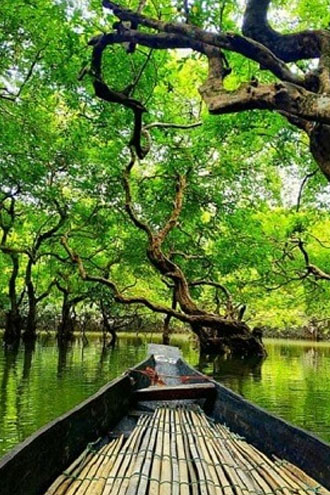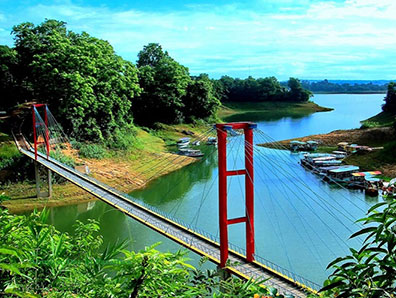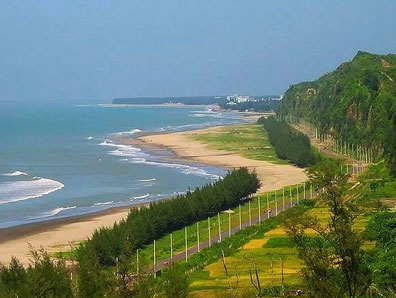Country History Significant events of the country throughout history
2023 Under Construction
These events have had a significant impact on the country's history and have shaped the nation's identity and culture. We are working on a detailed historical timeline for every country, and it will soon be available.
Don't hesitate to contact us if you have any feedback about the data we are placing here. Also, you can contribute. Contact us info@town-center.net



Travel & Tourism
Cultural Tourism
...
Natural Tourism
...
Adventure Tourism
...